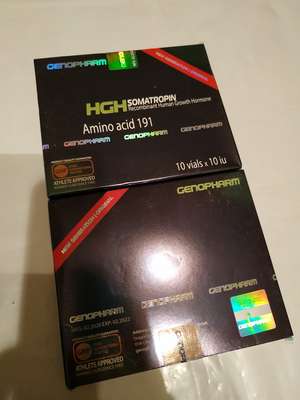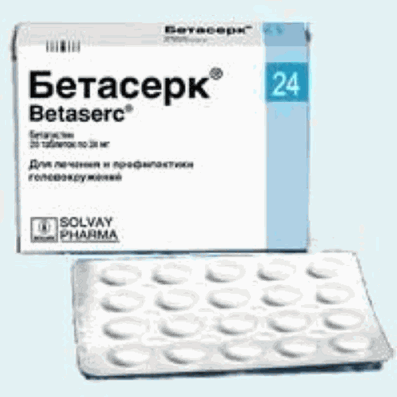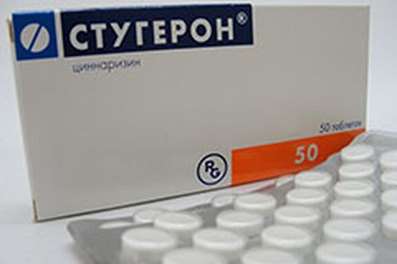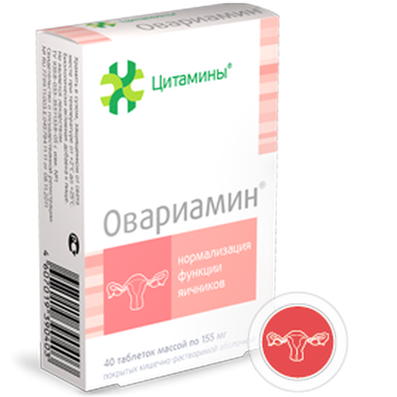Instruction for use: Gramicidin S + Dexamethasone + Framycetin (Gramicidinum S+ Dexamethasonum+ Framycetinum)
I want this, give me price
Pharmacological group
Glucocorticosteroids in combinations
Ophthalmic agents in combination
Other antibiotics in combination
Nosological classification (ICD-10)
H00 Gordelum and Khalazion
Superficial infection of the eye
H01.0 Blepharitis
Blepharitis, Inflammation of the eyelids, Inflammatory diseases of the eyelids, Demodectic blepharitis, Superficial bacterial infection of the eyes, Superficial infection of the eye, Scaly blepharitis
H10.1 Acute atopic conjunctivitis
Allergic conjunctivitis, Allergic eye disease, Allergic conjunctivitis, Allergic conjunctivitis is caused by chemical and physical factors, Allergic rhinoconjunctivitis,Allergic inflammation of the eye, Spring catarrh, Spring keratitis, Spring conjunctivitis, allergic Conjunctivitis, Perennial allergic conjunctivitis,Exacerbation of pollen allergy in the form of Syndrome rinokonyunktivalnogo, Acute allergic keratoconjunctivitis, Acute allergic conjunctivitis,Superficial bacterial eye infections,rhinoconjunctivitis, Seasonal allergic conjunctivitis, Seasonal conjunctivitis, Sennoz, Chronic allergic keratoconjunctivitis, Chronic allergic conjunctivitis
H13.1 Acute conjunctivitis in diseases classified elsewhere
Hemorrhagic conjunctivitis, Conjunctivitis Enterovirus
H15.0 Sclerite
Acute scleritis, Chronic scleritis, Diffuse scleritis, Sclerite
H15.1 Episcleritis
Acute episcleritis, Chronic episcleritis
H16 Keratitis
Adenoviral keratitis, Bacterial keratitis, Spring keratitis, Deep keratitis without epithelial damage, Discoid keratitis, Dendritic keratitis, Keratitis rosacea, Keratitis with destruction of the cornea, Superficial keratitis, Point keratitis, Traumatic keratitis, Superficial point keratitis
H20 Iridocyclitis
recurrent iritis, sympathetic iridocyclitis, Sluggish posterior uveitis, Sluggish posterior uveitis, Posterior uveitis, the posterior segment of the eye Iridocyclitis, Iridocyclitis and other uveitis, Irit, Keratoiridotsiklit, Acute iritis, uveitis, cycle of Acute iridocyclitis, Acute non-infectious uveitis
H60 Otitis externa
Infections of ENT organs, Infections of the external auditory canal, Infectious-inflammatory diseases of the ear, Acute catarrhal inflammation of the external auditory canal, Infections of the external ear
Characteristics
Combined drug (drug), which includes the glucocorticoid dexamethasone and antibiotics gramicidin and Framicetin.
Pharmacology
Pharmacological action - antiallergic, anti-inflammatory local, antibacterial local.
Gramicidin and Framicetin provide an effect against Staphylococcus spp., Streptococcus spp., Causative agents of anaerobic infection and other microorganisms. Dexamethasone when instilled in the eyes reduces pain, burning, lacrimation, photophobia.
Application of Gramicidin C + Dexamethasone + Framicetin
Bacterial infections of the eyes and ears: conjunctivitis, blepharitis, infected eyelid eczema, meibomite (barley); Keratitis, scleritis, episcleritis, iridocyclitis, iritis; Allergic conjunctivitis; Acute and chronic otitis externa.
Contraindications
Hypersensitivity, infections caused by the Herpes simplex virus, and other viral diseases of the cornea and conjunctiva, eye tuberculosis, fungal eye diseases, glaucoma; Perforation of the tympanic membrane.
Restrictions for use
Pregnancy, lactation, renal and / or hepatic insufficiency, children's age (infants and young children).
Side effects
Increased intraocular pressure, subcapsular cataract (with prolonged use), perforation of the cornea (against the background of diseases leading to thinning of the cornea); Allergic reactions (irritation, burning, pain, itching).
Routes of administration
Conjunctival, in the external auditory canal.
Precautions for Gramicidin C + Dexamethasone + Framicetin
During treatment it is recommended to control intraocular pressure. Duration of treatment should not exceed 7 days (except for cases of pronounced positive dynamics of the disease), since. Prolonged use of dexamethasone, which is a part of, can mask hidden infections, and antimicrobial components - contribute to the emergence of a stable microflora. With a long intensive course, a systemic action is possible. Aminoglycoside is free from ophthalmic toxin, especially when used in large doses and in patients with renal and / or liver failure. Patients using the drug to treat the eyes during the treatment period should be careful when driving vehicles and engage in other potentially hazardous activities that require increased concentration of attention, rapidity of psychomotor reactions and good vision (possibly blurring the eyesight).

 Cart
Cart





